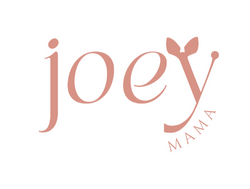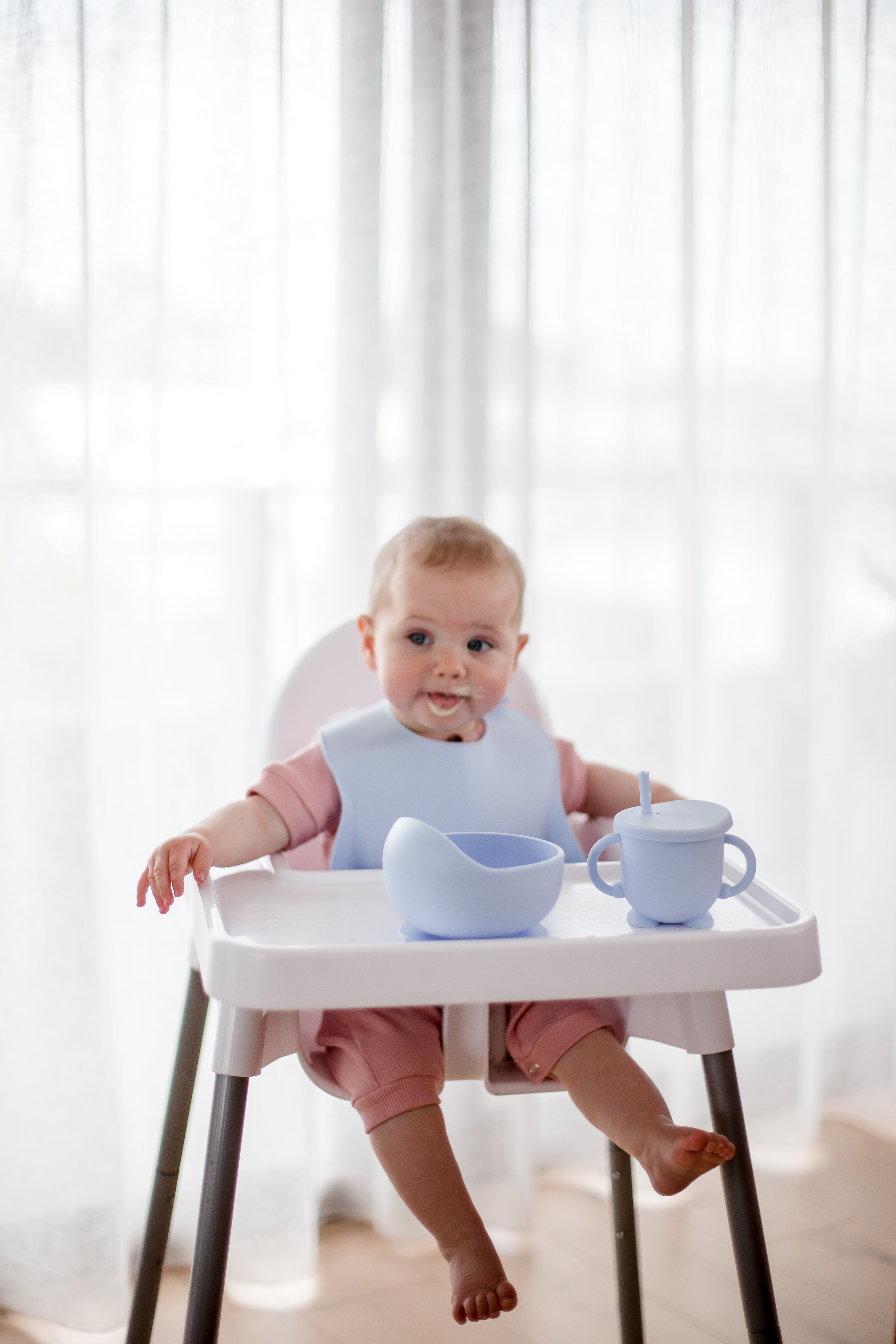Starting solids is an exciting milestone for both you and your baby. Watching your little one explore new textures and flavours is a joy, but it can also be a little daunting to know where to begin. Following Australian guidelines, this guide will walk you through the essentials of starting solids, including tips, suggestions, and some do’s and don’ts to help make this transition as smooth as possible.
When to Start Solids
It’s recommended to start introducing solid foods at around six months of age. By six months, most babies need additional nutrients, such as iron, which breastmilk or formula alone can’t provide in sufficient amounts. It’s important to keep breastfeeding or using formula as the main source of nutrition until around 12 months, with solids gradually complementing their milk intake.
Signs your baby might be ready for solids include:
- Good head and neck control
- Showing interest in food, like reaching for it or watching others eat
- Seeming hungry even after a full milk feed
Each baby is different, so look for these signs and check with your MCHN, paediatrician or GP if you’re unsure.
Getting Started with Solids
The first foods you introduce can have a lasting impact on your baby’s taste preferences and nutritional health. In Australia, iron-rich foods are recommended as the starting point for solids. Iron is essential for healthy brain development, and at around six months, a baby’s iron stores start to decrease.
Here are some iron-rich foods to start with:
- Pureed meats like beef, chicken, and lamb
- Mashed or pureed legumes (beans, lentils, chickpeas)
- Iron-fortified cereals
You can also try soft-cooked vegetables, fruits, and whole grains as you go along.
Tips for Introducing Solids
-
Start with small amounts
Begin with one or two teaspoons of food once a day and gradually increase as your baby shows interest and tolerance. This helps them adjust to the new tastes and textures. -
Let your baby lead the way
Introducing solids isn’t a race, and each baby will develop at their own pace. Watch for signs of hunger or fullness, and let your baby explore new foods without pressure. Babies are naturally curious, and they’ll often be eager to try different flavours and textures as they grow. -
Experiment with textures
Australian guidelines encourage introducing a range of textures early on to help babies develop their chewing skills. Start with smooth purees, then move to mashed and finger foods as your baby progresses. This can help prevent picky eating later on. -
Offer a variety of foods
Expose your baby to a wide range of flavours, colours, and food types. Alongside iron-rich foods, include different vegetables, fruits, grains, and proteins. Repeated exposure to a variety of foods helps build a well-rounded palate. -
Create a calm environment
Starting solids can be messy, so embrace the mess and make mealtimes a positive experience. Choose a time when your baby isn’t too tired, and create a calm atmosphere where they can focus on the new experience of eating. -
Stay mindful of allergies
It’s recommended to introduce common allergens (like eggs, peanuts, tree nuts, dairy, and fish) one at a time, around six months. Doing this early can help reduce the risk of allergies. Try to introduce new allergenic foods in small amounts and wait a few days between new foods to watch for any signs of a reaction.
Do’s and Don’ts of Starting Solids
Do:
- Offer water in a sippy cup with meals to help with hydration as they begin to eat more.
- Keep breastfeeding or formula feeding until at least 12 months; these remain essential for nutrition.
- Encourage self-feeding when your baby shows interest in picking up food. It’s messy but helps them develop independence.
- Make mealtimes a relaxed, happy time for exploration.
Don’t:
- Don’t add salt, sugar, or honey to your baby’s food. Babies’ taste buds are sensitive, and they don’t need extra seasoning. Honey, in particular, should be avoided before 12 months due to the risk of botulism.
- Don’t force your baby to eat if they’re showing signs of disinterest or fullness. It’s normal for babies to be inconsistent with how much they eat.
- Don’t rely solely on store-bought baby foods. Homemade options give your baby a fresher variety, though store-bought can be convenient for busy days.
- Don’t worry if your baby’s intake seems small. Remember, solids are a new addition and shouldn’t replace milk feeds at this stage.
Common Concerns
If your baby initially rejects a food, don’t be discouraged. Remember - food before one is just for fun! It can take up to 10–15 tries for babies to accept a new food, so patience is key. If you’re concerned about gagging, know that it’s a normal part of learning to eat. However, always supervise your baby closely during mealtimes, and be prepared to help in case of choking.
Enjoy the Journey
Starting solids is a milestone worth celebrating. It’s a chance to bond, explore new tastes, and lay the foundation for healthy eating habits. Enjoy the journey and remember that every baby progresses at their own pace. Follow these Australian guidelines, trust your instincts, and have fun watching your little one discover the wonderful world of food.
With patience, variety, and a sprinkle of joy, you’re setting your baby up for a lifelong appreciation of good, nutritious food. Happy feeding!




Leave a comment